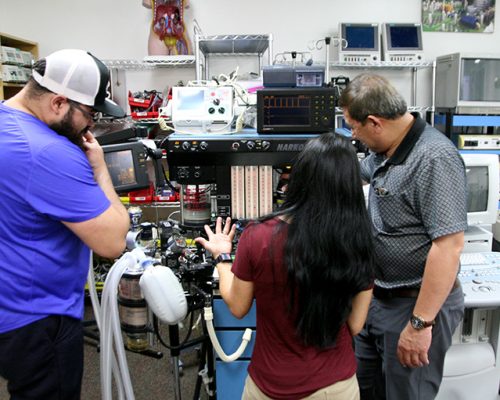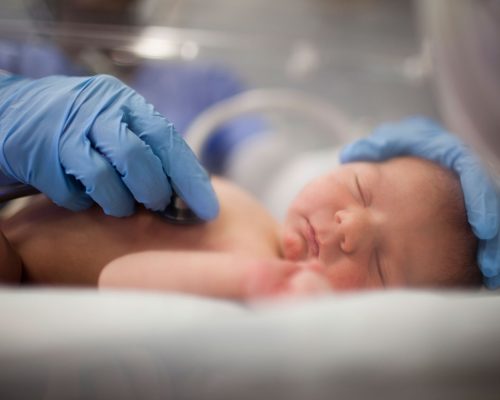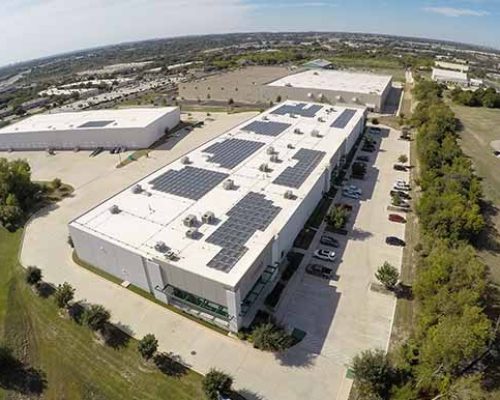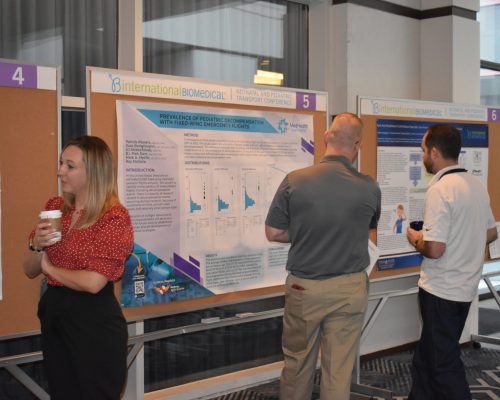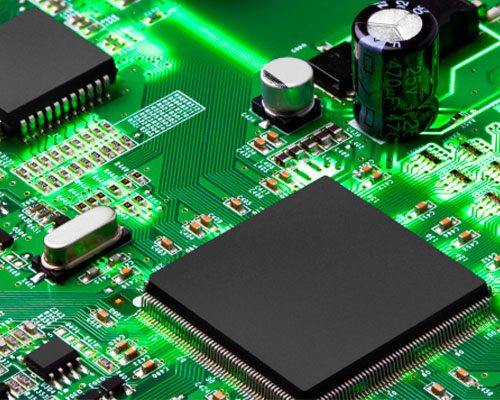Monitoring systems in neonatal care are essential for the health and well-being of neonates, particularly those who are born premature or critically ill. Advancements in monitoring technology have revolutionized neonatal care to improve the access and efficacy of medical intervention for infants in the Neonatal Intensive Care Unit (NICU). Learn more about the impact of advanced monitoring systems on infant health, highlighting the benefits, technological advancements, and real-world applications.
Understanding Advanced Monitoring Systems
Advanced monitoring systems in neonatal care encompass a range of specialized equipment and technologies designed to observe and report an infant’s vital signs without interruption during transport and in the NICU. These systems include heart rate monitors, oxygen saturation monitors, respiratory monitors, and more. The monitoring systems provide real-time data to help healthcare professionals make informed decisions about an infant’s care.
Key Features of Advanced Monitoring Systems
Continuous Monitoring and Real-Time Data Collection
Continuous monitoring and real-time data collection are two essential features of advanced monitoring systems. These capabilities ensure that any changes in an infant’s condition are detected immediately. Continuous data collection allows healthcare providers to track vital sign history and other critical parameters around the clock so they can get a comprehensive view of the neonate’s health status and enable prompt intervention when necessary.
Integration with Other Medical Devices and Systems
Advanced monitoring systems integrate seamlessly with other medical devices and systems, such as ventilators, incubators, and infusion pumps. This integration creates a cohesive and comprehensive care environment where all devices work together to support the infant’s health. It also allows synchronized operation and data sharing for maximum efficiency and efficacy.
Data Storage and Analysis Capabilities
Modern monitoring systems come with extensive data storage and analysis capabilities. These systems store all the necessary data on an infant’s vital signs and health metrics, which will be analyzed to identify trends and patterns. The ability to analyze historical data helps healthcare providers make informed decisions, develop personalized care plans, and continuously improve the quality of care.
Benefits of Advanced Monitoring Systems in the Neonatal Intensive Care Unit
Early Detection of Health Issues
One of the primary benefits of advanced monitoring systems is their ability to detect health issues early. Continuous monitoring provides real-time insights into the infant’s condition, allowing for the early identification of birth defects or other health conditions. Early detection leads to quicker interventions, reducing the risk of further complications.
Improved Response Times to Medical Emergencies
Advanced monitoring systems provide real-time alerts that enable healthcare providers to respond promptly to medical emergencies. When an infant’s condition changes suddenly, the monitoring system triggers an alarm, ensuring that medical staff can intervene immediately. This rapid response capability is crucial in preventing severe complications and saving lives.
Improved Accuracy in Monitoring Vital Signs
Advanced monitoring technology accurately monitors vital signs. The precision of these systems minimizes the risk of errors and provides reliable data that healthcare providers can trust. Accurate monitoring is essential for making informed clinical decisions and delivering effective care to infants.
Reduced Risk of Complications and Infections
Advanced monitoring systems help reduce the risk of complications and infections by closely monitoring an infant’s condition. The controlled environment and continuous observation enable healthcare providers to maintain optimal conditions for the infant’s health.
Support for Personalized Care Plans
The data collected by advanced monitoring systems supports the creation of personalized infant care plans. Healthcare providers can use the detailed information to tailor care to the needs of each infant. Personalized care plans improve the effectiveness of treatments and interventions, leading to better health outcomes.
Technological Advancements in Monitoring Systems
Wireless and Non-Invasive Monitoring Technologies
Technological advancements have led to the development of wireless and non-invasive monitoring technologies. These innovations reduce the need for invasive procedures, making monitoring more comfortable for infants. Non-invasive methods also minimize the risk of infection and other complications associated with invasive techniques.
Smart Algorithms and Predictive Analytics
Smart algorithms and predictive analytics are transforming neonatal care by providing advanced insights into an infant’s health. These technologies analyze data to predict potential health issues before they become critical.
Advancements in Sensor Technology and Data Connectivity
Advancements in sensor technology and data connectivity have improved the accuracy and reliability of data collection. Modern sensors are more sensitive and precise, providing better-quality data. Improved connectivity ensures that data is transmitted and processed in real-time, facilitating immediate analysis and response.
Collaboration Between Medical Staff
Effective neonatal care involves collaboration between different medical staff members. Neonatologists, nurses, transport nurses, respiratory therapists, and other specialists work together to provide comprehensive care based on the monitored data. This teamwork ensures that all aspects of an infant’s health are addressed, improving overall care quality.
Emerging Trends and Innovations
Artificial intelligence and machine learning have the potential to improve predictive analytics further and personalize care. Ongoing research and development are leading to new advancements that will further improve the capabilities of monitoring systems and neonatal care as a whole.
Highlighting Advanced Monitoring Systems by International Biomedical
International Biomedical manufactures a range of advanced monitoring systems designed to improve infant health outcomes in neonatal care. Here are some key products that utilize cutting-edge technologies on neonatal health.
AeroNOx 2.0 Nitric Oxide Delivery System
The AeroNOx 2.0 is a sophisticated therapeutic device used to administer inhaled nitric oxide (NO) therapy to newborns requiring respiratory support. This system continuously monitors NO, NO2, and O2 levels via side-stream analysis. It features real-time mass flow meters and color-coded visual and audible alarms to give clinicians clear and actionable feedback, ensuring precise control over the therapy administered to infants. The system’s adaptability and portability make it suitable for both bedside and transport needs.
Tecotherm Neo Infant Cooling System
The Tecotherm Neo is designed for therapeutic hypothermia, specifically to treat hypoxic-ischemic encephalopathy (HIE). This condition occurs when an infant’s brain does not receive enough oxygen around the time of birth. The Tecotherm Neo offers precise temperature control with advanced servo-controlled mechanisms to maintain the target body temperature accurately. It allows continuous real-time temperature monitoring and features a user-friendly interface, making it easy to use in both NICU and transport settings. The system’s data logging capabilities enable healthcare providers to export essential temperature data for analysis and comprehensive care.
Voyager Transport Incubator
The Voyager Transport Incubator is one of the most versatile and customizable transport incubators on the market. It is designed to provide advanced life support during neonatal transport, maintaining stable conditions and allowing continuous care. The incubator can be customized with various medical devices, transforming it into a mobile NICU. It supports a wide range of clinical therapies, including cooling and high-frequency ventilation. The Voyager is equipped with integrated infant positioning straps and can be configured to store multiple gas cylinders, making it highly adaptable for different mobile health and transport scenarios.
Advanced Monitoring Systems from International Biomedical
Advanced monitoring systems are crucial for improving infant health outcomes in neonatal care. Their ability to provide continuous, accurate, and real-time data significantly improves care for premature and ill newborns and infants. As technology advances, these monitoring systems’ impact on infant health will only grow, offering even better outcomes for the smallest and most vulnerable patients. Contact us for more information or to place an order.



